Blog
May 29, 2018 | April 21, 2018: Renewable Energy Makes History in New EnglandApril 21, 2018 was an historic date for the New England power grid: It was the first time that mid-day peak energy demand from the power grid was lower than at the lowest point overnight. The reason for this historic first is the effectiveness of energy efficiency and the combined output of 130,000 small, medium,… Continue reading April 21, 2018: Renewable Energy Makes History in New England | 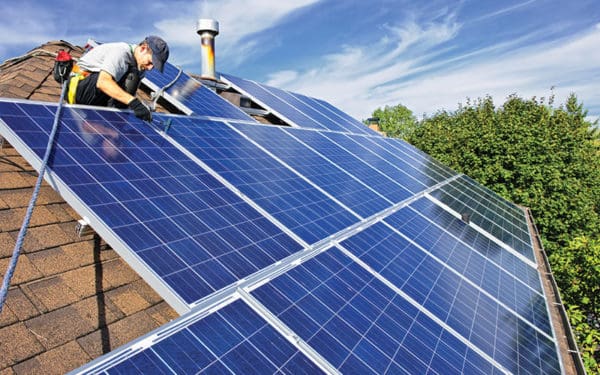 |
May 24, 2018 | Everett’s Gateway Center Fails the Public and Violates State LawNearly 20 years ago, DDR Gateway LLC (DDR) promised to provide greater public access to Everett’s waterfront in exchange for a State license to build its Gateway Center shopping complex. But two decades on, the waterfront park the developer promised hasn’t fully materialized. Now CLF is asking the State to hold DDR accountable for its failures. | 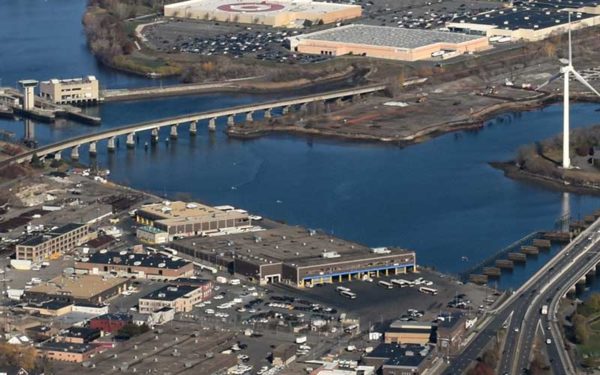 |
May 22, 2018 | Fishery Managers Must Recognize Atlantic Herring’s Key Role in Ocean HealthAtlantic herring is the main source of food for larger fish, whales, and seabirds. However, New England fishery managers currently don’t take herring’s key role as a food source into account when determining how many herring fisherman can catch. Now, there’s a chance to improve how New England sets herring catch limits. | 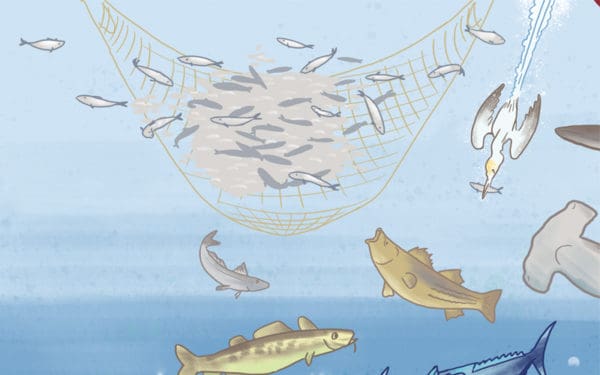 |
May 22, 2018 | Clean Renewable Energy Is the Key to a Resilient Electric Grid in New EnglandNew analysis from the regional grid operator, ISO New England (ISO), confirms what CLF and other experts have been saying for some time: New England doesn’t need expensive natural gas pipelines to keep the lights on and our homes warm even during our harshest winters. In fact, thanks to the growth of clean, renewable energy,… Continue reading Clean Renewable Energy Is the Key to a Resilient Electric Grid in New England | 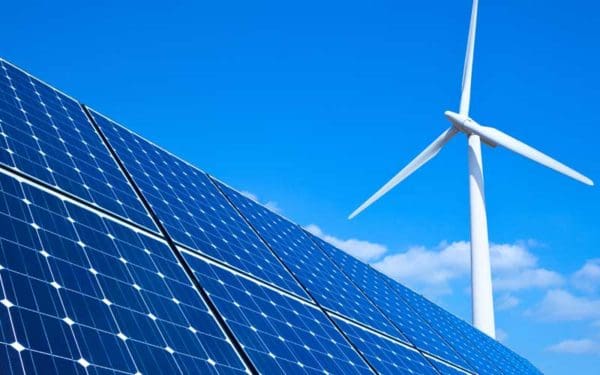 |
May 17, 2018 | CLF Continues Working to Restore Native River Herring to New England’s Coastal RiversEvery year, alewives and blueback herring return to their native waters to spawn. But thousands of dams have cut these fish off from thousands of acres of freshwater bodies, thwarting reproductive cycles that had been ongoing for eons. The impact of these dams, on top of threats from pollution and overfishing, have led to a drastic decline in river herring populations – threatening their survival. | 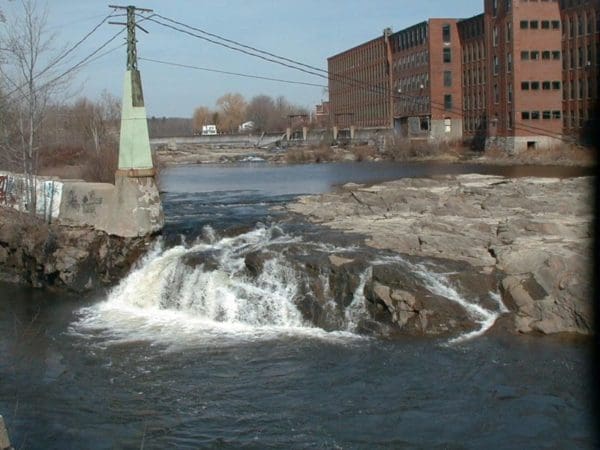 |
May 16, 2018 | Unprecedented Attack on Nation’s Ocean Lurks in CongressA slew of bills under debate in Congress would endanger our marine life and ocean ecosystems by decimating key conservation protections offered by existing laws. Coupled with harmful actions from the Executive Branch, our ocean faces threats from some in Washington who are more concerned with lining the pockets of a few oil and gas industry executives than with the health of our ocean and coastal communities. | 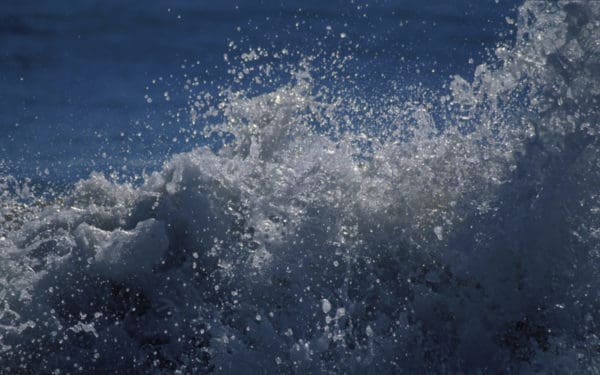 |
May 14, 2018 | Climate Change Preparedness on TrialHarvey. Irma. Maria. Nate. Last year, during a 45-day period, eight consecutive named storms strengthened into hurricanes. All told, the 2017 hurricane season was the most expensive in history, causing more than $200 billion in damage nationwide. Meanwhile, so-called 100-year floods are becoming so common the metric is losing its meaning and utility. For instance,… Continue reading Climate Change Preparedness on Trial | 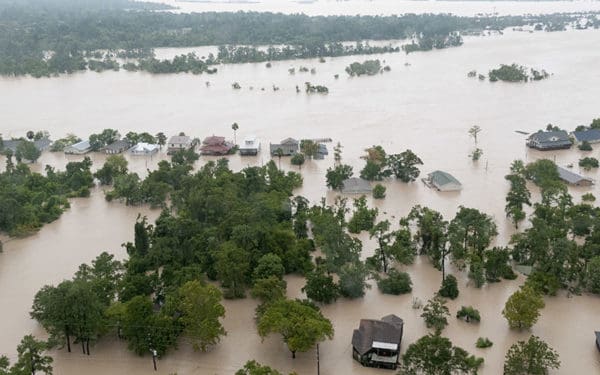 |
May 14, 2018 | What’s Wrong with Burning Our Trash, Anyway?Incinerator companies have done a great job green-washing their true impacts on communities by implying that so-called “waste-to-incineration” facilities are good neighbors offering a safe process that eliminates waste, allows for robust recycling programs, and generates renewable energy. Nothing could be further from the truth. The reality is burning waste harms the health, environment, and economy of many communities. The perceived benefits simply aren’t worth the risk. |  |
May 10, 2018 | Nitrogen Denial in the Great Bay EstuaryThe Great Bay-Piscataqua Estuary is an incredible place. It’s home to numerous fish and bird species and provides spectacular fishing, boating, and recreation for the people of New Hampshire, Maine, and beyond. But persistent high levels of nitrogen pollution have disrupted these waters, and while progress is being made, some municipal officials are fighting against the changes that can save Great Bay. | 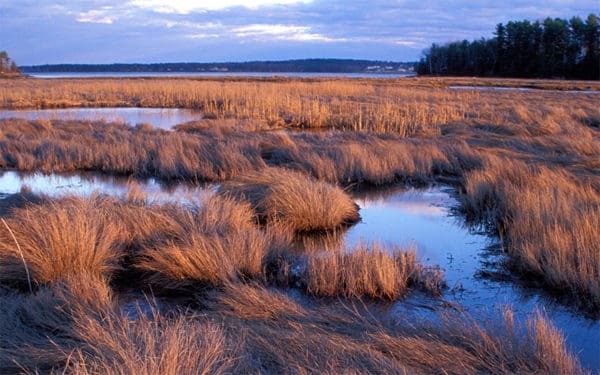 |
May 10, 2018 | Final Showdown Begins Between Invenergy, CLF, and Burrillville ResidentsFor two years, Invenergy has been trying to build an unneeded, unwanted fossil fuel power plant in the heart of a state forest in Burrillville, Rhode Island. But Burrillville – along with nearly every other town across the state – has stood against the project, as it would harm local communities, devastate an important wildlife corridor,… Continue reading Final Showdown Begins Between Invenergy, CLF, and Burrillville Residents |  |
